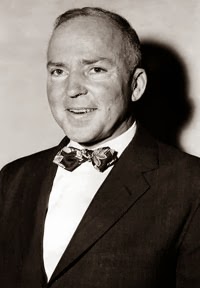On the brain beat: Cognitive neuroscientist Daniel Levitin talks about music at Butler

Daniel J. Levitin I wonder if I've heard any one piece of music a thousand times, yet somehow I believed cognitive neuroscientist Daniel J. Levitin when he said in a Butler University lecture Tuesday evening: "You can listen to a song a thousand times and still like it." The surprise in that statement is that our brains also favor being surprised by as well as familiar with input. So why would it be the case that a great number of repetitions (presumably not in succession!) of the same composition — an experience particularly available today when everything is recorded and widely accessible — doesn't turn us off? Levitin, author of the best-selling "This Is Your Brain on Music: The Science of a Human Obsession" (2006), offered a plausible answer to that question, though it is admittedly somewhat speculative. He said that it is likely that all music we've ever heard is stored somewhere in our brains. This would mean that the thousandth time he













